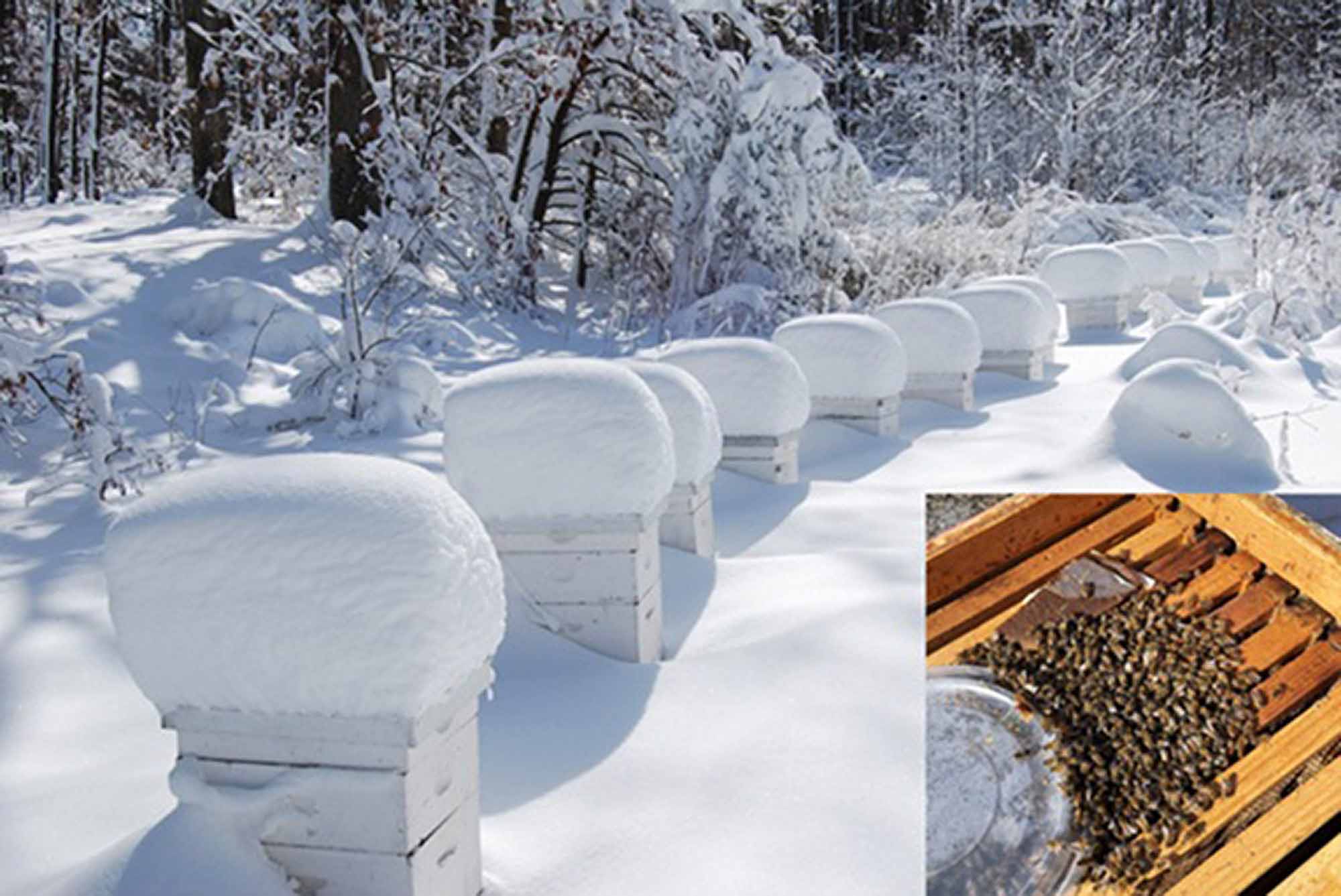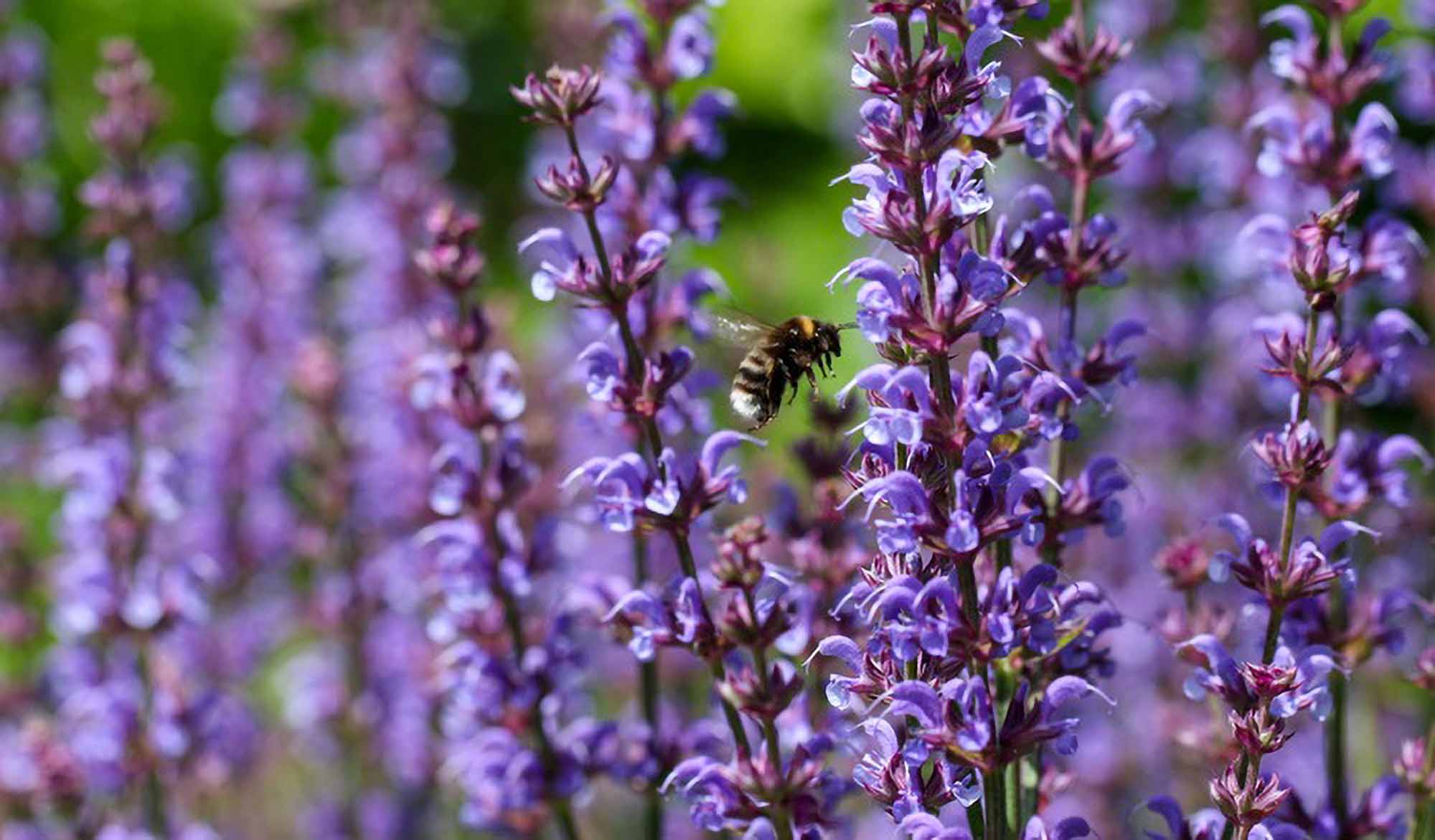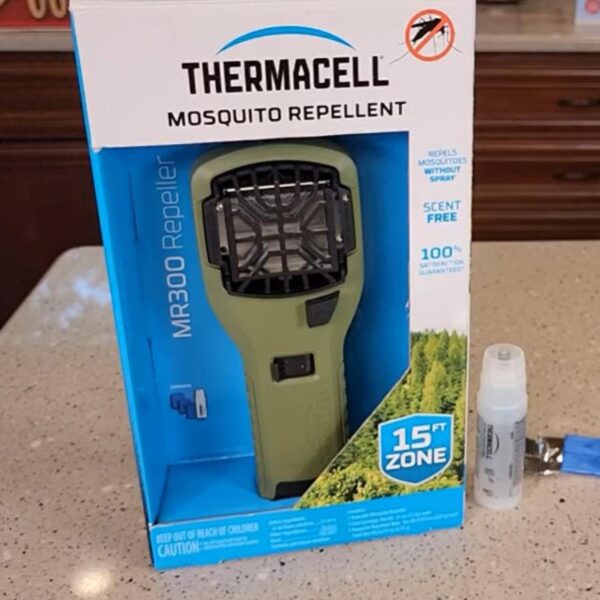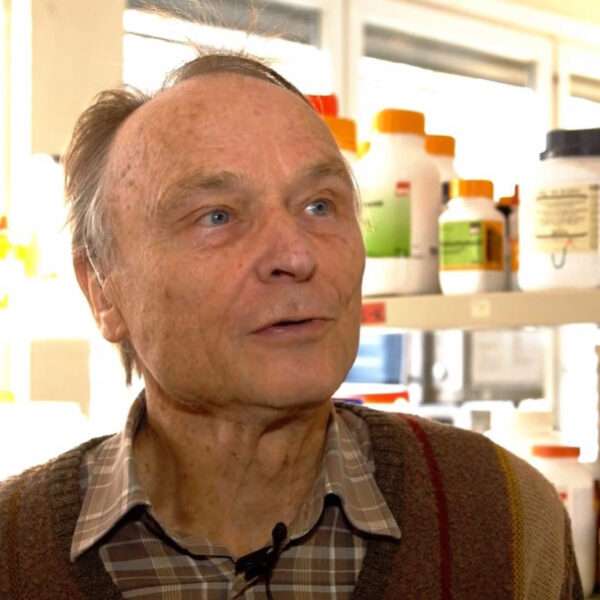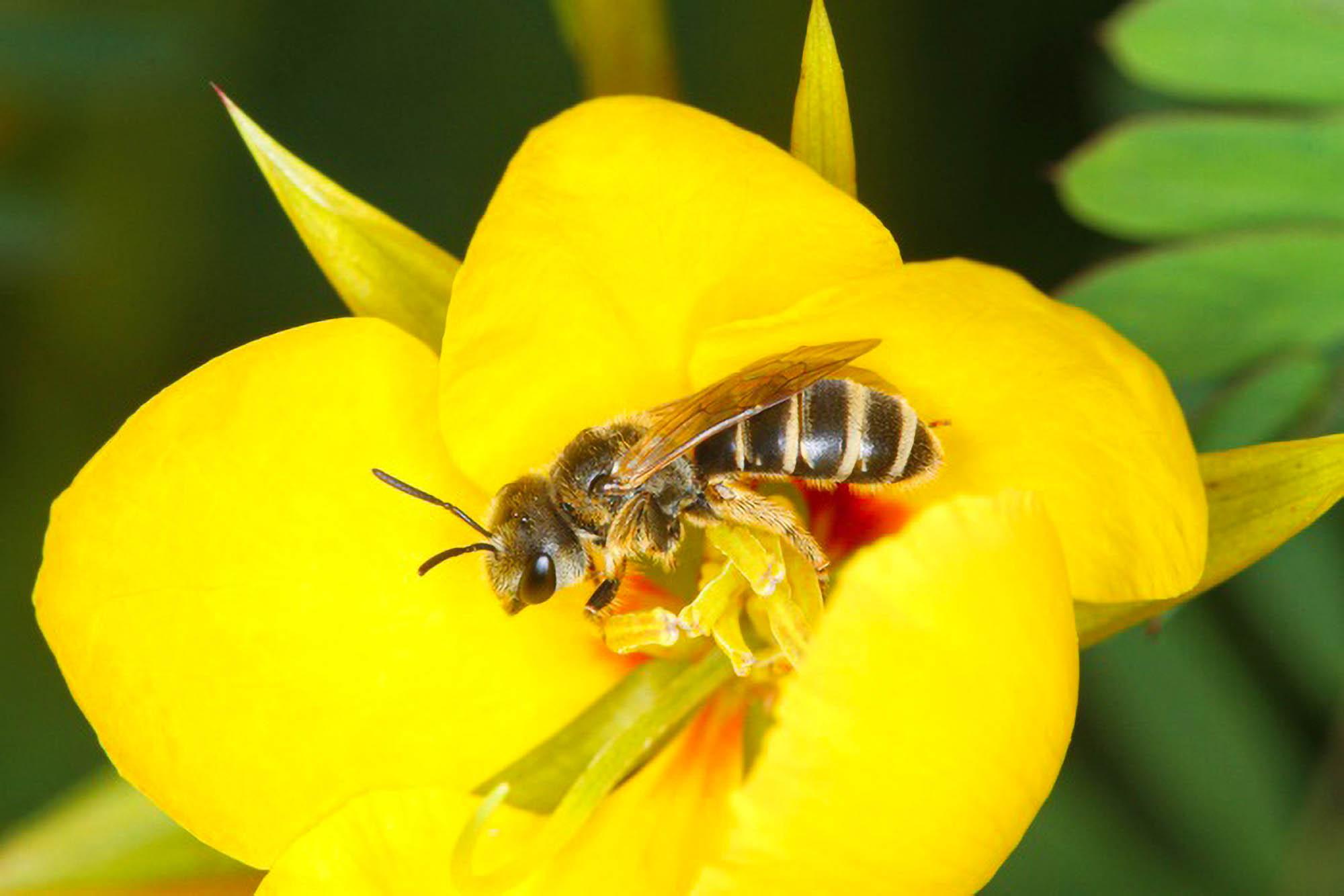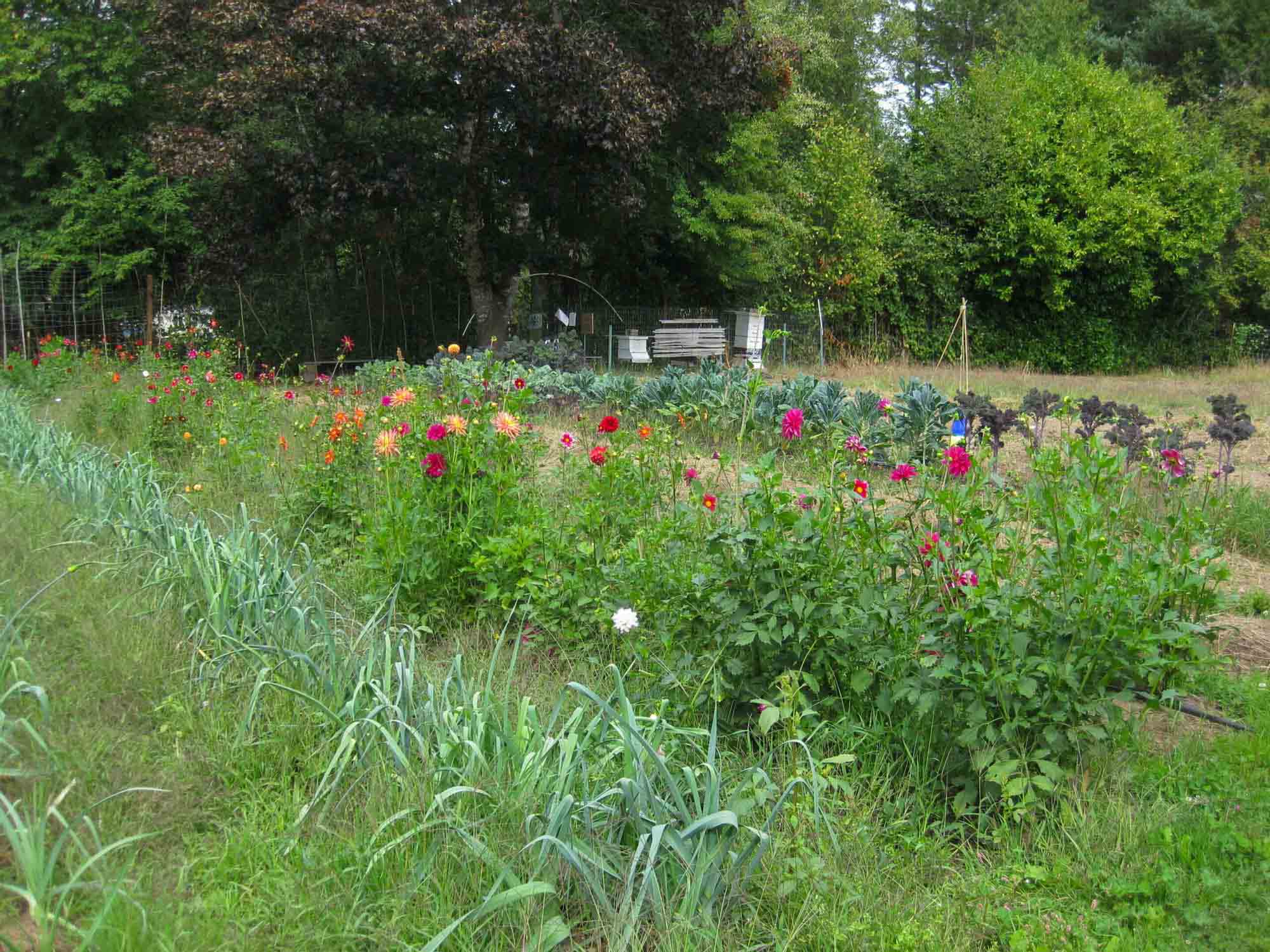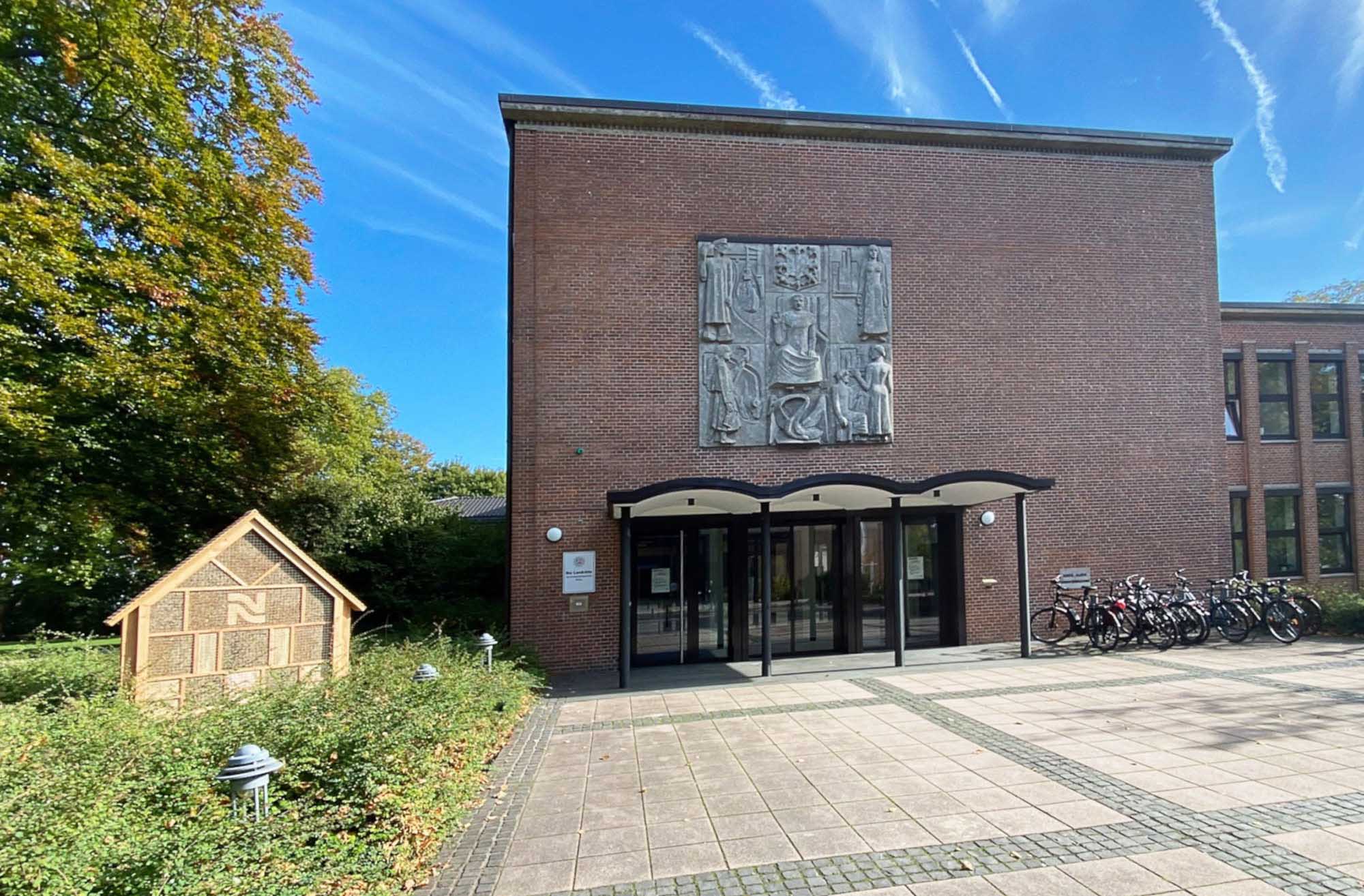Treating pollinators with a gene activator could help to reduce wintertime colony loss, research at an institute in the United States suggests.
Scientists at the United States Department of Agriculture (USDA) Agricultural Research Service (ARS) and researchers from China announced they have identified a metabolic pathway that supervises how western honeybee (Apis mellifera) colony members ration their bodies’ resources.
Honeybees need to rely on a robust energy and immune response to a wide array of stressful aspects such as wintertime temperatures.
The cellular pathway which the scientists discovered is the strongest connection yet found to the substantial colony losses during the cold season, according to Growing Produce, a news platform.
The signalling pathway reportedly orchestrates the increased and decreased synthesis of SIRT1, a protein belonging to a group of proteins that help regulate metabolic health and resistance to stress.
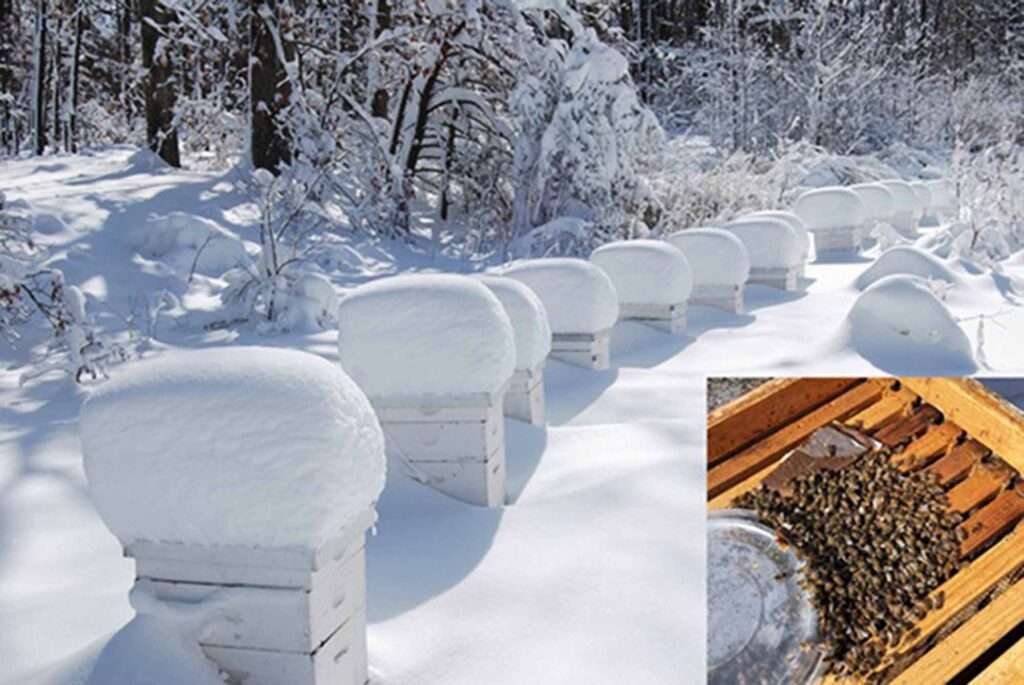
Dr Yanping Chen from the ARS Laboratory in Beltsville, Maryland, is the lead author of the study.
She explained: “In honeybees merely exposed to a cold challenge of 28°C (82.4°F) for five days, we saw almost three-fold lower levels of SIRT1 and significantly higher levels of colony mortality compared to bees maintained at 93.2°F to 95°F, which is the optimal core temperature of a honey bee cluster inside a bee hive in winter.”
The Growing Produce online magazine reports that the entomologist also found out that honeybees struggling with cold temperatures were linked to an increased risk of disease infections.
Dr Chen said: “Our study suggests that the increased energy overwintering bees use to maintain hive temperature reduces the energy available for immune functions which would leave overwintering bees more susceptible to disease infections, all leading to higher winter colony losses.”
The entomologist emphasised that the research could pave the way for innovative therapeutic strategies in fighting the death of colonies in winter and throughout the whole year.
According to Dr Chen, the production of the SIRT1 protein could be increased by treating the social insects with SRT1720, a specific SIRT1 gene activator which has been applied in anti-inflammation experiments.
The USDA – which is headquartered in Washington, D.C. – focuses on meeting the demands of commercial farming and livestock food production. It also aims to assure food safety and protect natural resources.
The annual global economic impact of domesticated bees and the various solitary bees as well as other pollinators reportedly exceeds USD 100 billion (EUR 93 billion).
A recent study by economists at the insurance agency Allianz Trade suggested that it would cost USD 711 billion per year (EUR 662 billion) to restore the loss of biodiversity which has already happened all around the world.

